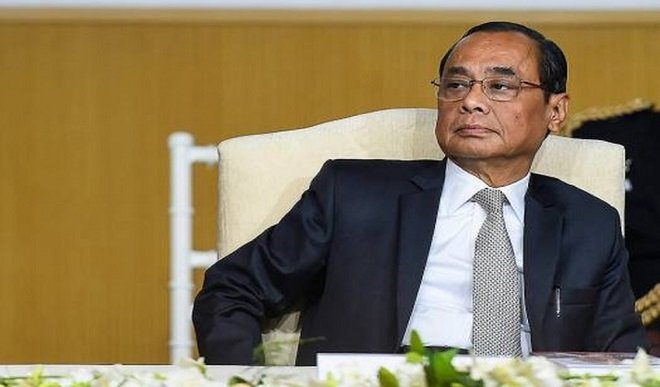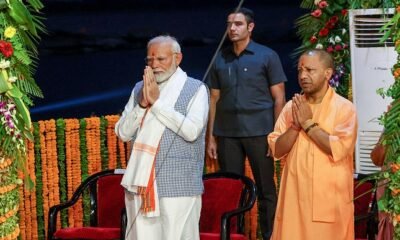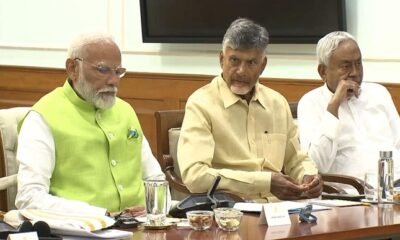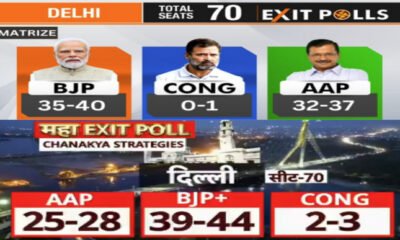National
Scar On Judiciary
Anchal Singh
On 16th march’2020 former CJI Ranjan Gogoi was nominated as a member of Rajya Sabha (just after 4 months of his retirement) by the President in exercise of the powers conferred under Article 80 of the Constitution. The nomination of Justice Gogoi has drawn sharp reactions from the legal fraternity as well as the political opposition, and brings into focus the question of the judiciary’s independence. Moreover this is not the first or the last time that any chief justice or judge who has retired from the high courts or the Supreme Court has been appointed to a public office after retirement. These appointments began soon after India’s Independence and continue to this day. In fact justice Raganath Misra wasn’t even appointed by the president, he entered the Rajya Sabha through congress ticket, even the case of justice Baharul Islam is very pertinent. Apart from these two cases, Justice Fazal Ali, Justice M Rama Jois, Justice M Fathima Beevi, Justice P Sathasivam were also given gubernatorial assignments.
Domestic Help and the Covid-19 Lockdown in India – An Observation
It may be recalled that Justice Gogoi was one of the four senior most judge, who headed a supreme court bench towards disapproving government’s power of reappointment of members of tribunals after their retirement saying that this would erode “public faith in the justice dispensation system” and lead to interference by the executive, which would jeopardise the independence of the judiciary. Well, as ironic as it sounds this should have been applicable in his case, too. There might be no law or constitutional provision that prohibits such a nomination but still its not a common practice that a government nominates or appoints a former supreme court judge or even a high court judge to some office within months of his or her retirement. The 14th report of the law of commission of India which was made in 1958 mentioned in paragraph 28 and paragraph 29 on how its undesirable for a supreme court judge to look forward to other government employment or starting their chamber practice after their retirement as retirement is consistent with the dignity and traditions of the retired judges.
Legendary Singer Lata Mangeshkar Donates To Combat COVID-19
Our former CJI Ranjan Gogoi might have helmed several important and historic judgements that have reshaped the socio-political contours of the country like the Ayodhya verdict and might have stated his reason of accepting the Rajya Sabha for the sole purpose of making the legislatures understand judicial perspective better and vice versa, we can’t be sure if he actually means it,what if he contradicts his statement again? What we hope is that the unholy nexus between political power and the Indian judiciary does not rise and the freedom of judiciary isn’t compromised.




















